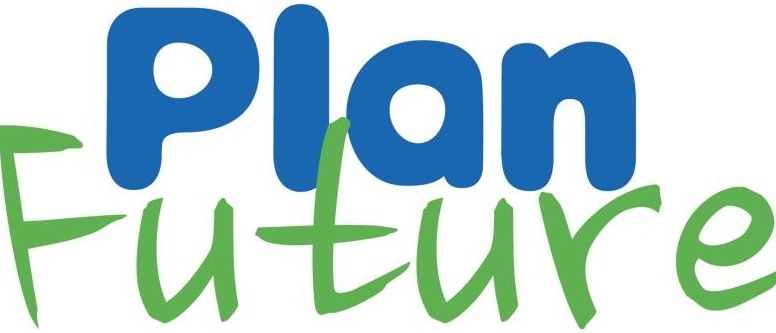Safe water and environmental sanitation (WES) services such as solid and liquid waste facilities, vector and pest control as well as food hygiene, are vital for ensuring the healthy development and dignity of children. The lack of such facilities is responsible for over 2,000,000 child deaths each year.
This working paper aims to position Plan’s approach to WES within the context of the broader international development goals and within Plan’s own commitment to Child Centred Community Development (CCCD). It looks at the main challenges linked to WES and details the ways in which Plan staff can put our approach into practice.
Læs mere her!

























